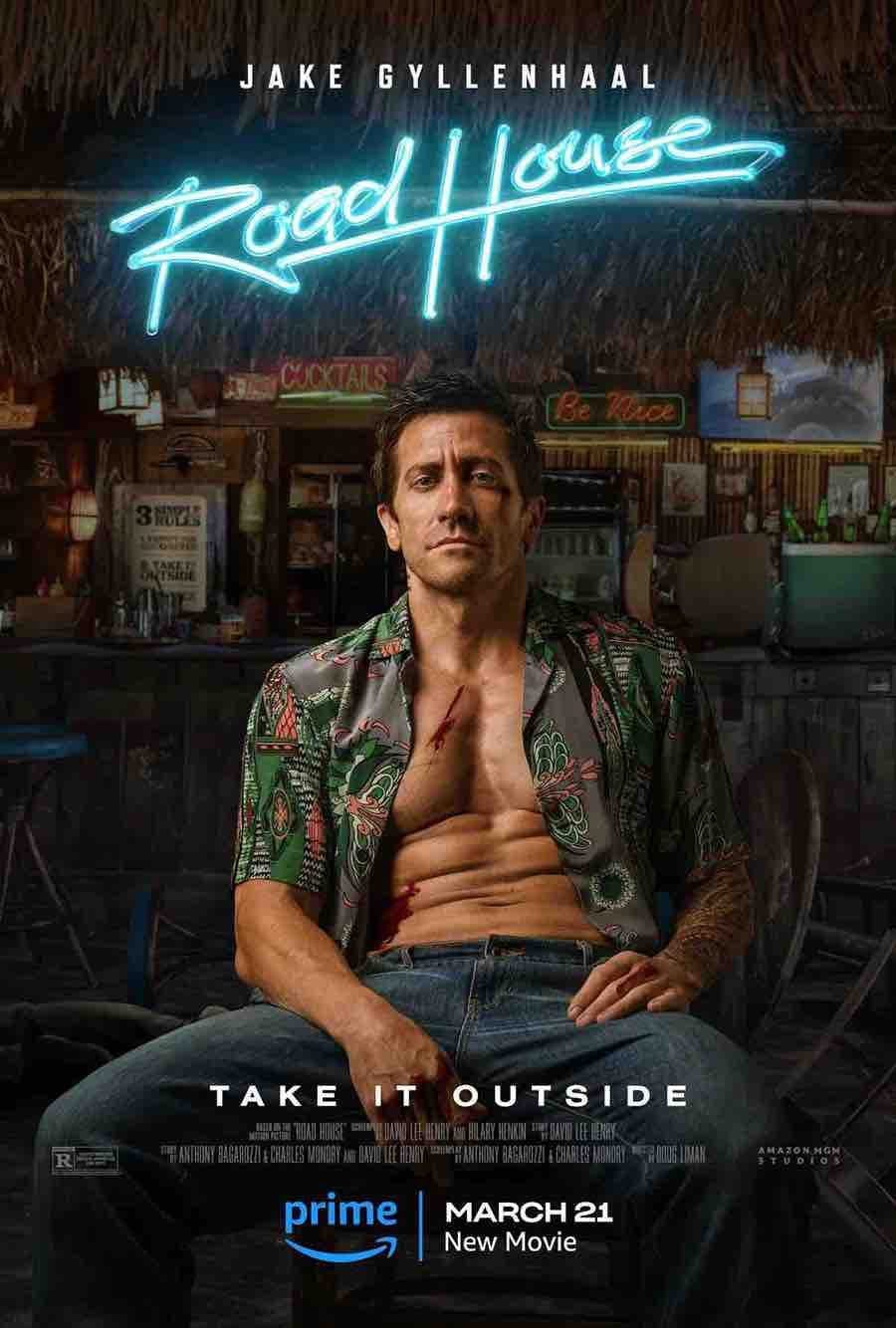Good morning: In today's edition of The Industry, we look at:
Jake Gyllenhaal's rage, Halle Berry's abandoned ship, A24's psychics, and a chocolate lizard.
Let’s go!
JAKE GYLLENHAAL: THE FIGHTING PHILOSOPHER
With Jake Gyllenhaal, violence is an art form.
In one pivotal moment in Donnie Darko, Gyllenhaal takes a knife and stabs the mirror, piercing the eye of his imaginary friend, Frank.
Although aimed at Frank, this metaphor for self-inflicted violence is the cornerstone of what makes a Gyllenhaal performance so watchable because we know that under his physical transformations, whether that be emaciated (Nightcrawler) or jacked (Southpaw), he is tormented.
We like to see Gyllenhaal breaking at the seams.
Whether that’s his psychological degradation when confronting his literal doppelgänger in Enemy or losing himself to violence as a cop in Prisoners and End of Watch.
Gyllenhaal elaborated:
“Denis Villeneuve, who's the director of Prisoners, really pulled off what he said he would — which is that violence begets more violence, and that's the idea of this film. And that, really in this case, it's about control. The question of what do we do when we feel out of control? And oftentimes, in a situation like this, violence seems to be the answer. But I think what Denis Villeneuve is trying to say is that it really isn't. That it gains nothing, [it] does not give you more control.”
His latest Road House, a UFC fight film, follows a similar philosophy.
Here’s the official synopsis:
An ex-UFC middleweight fighter ends up working at a rowdy bar in the Florida Keys where things are not as they seem.
Keep reading with a 7-day free trial
Subscribe to The Industry to keep reading this post and get 7 days of free access to the full post archives.



